Impact-Site-Verification: 374bfad1-e005-492e-987f-bbcb56cbab00
<meta name='impact-site-verification' value='374bfad1-e005-492e-987f-bbcb56cbab00'>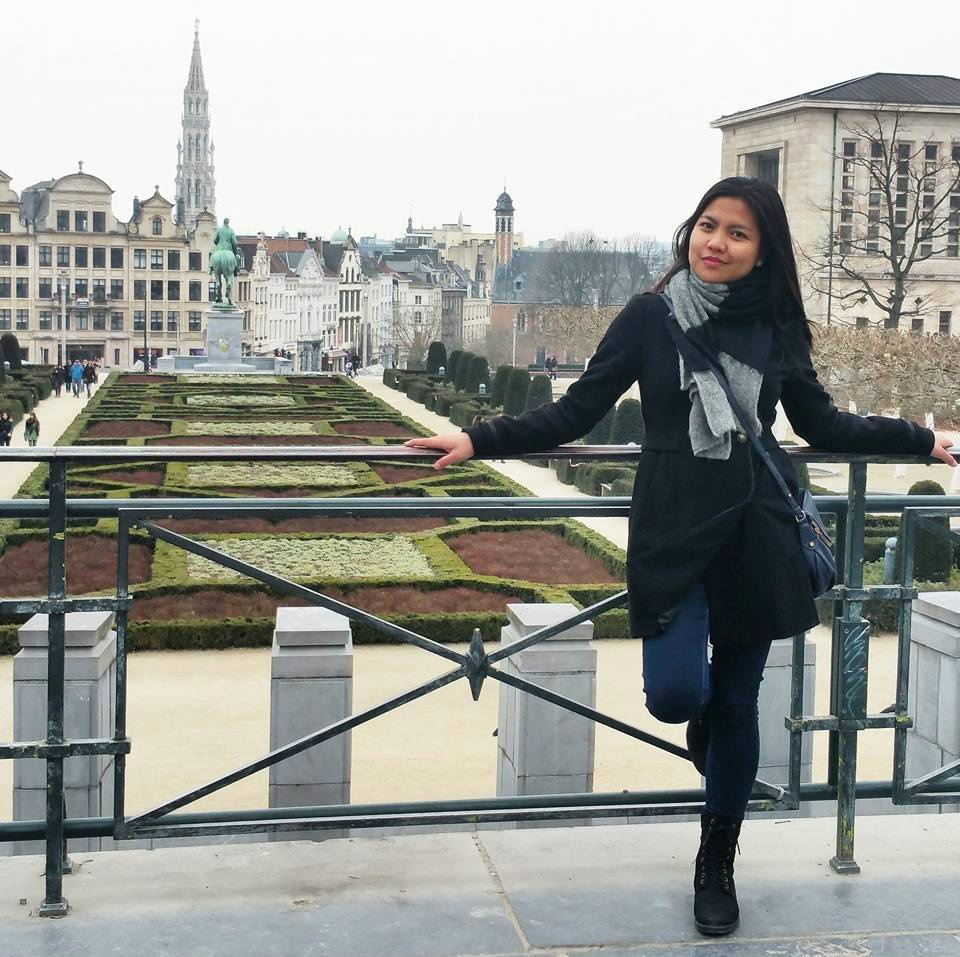
“It is always a challenge to learn the language of the host country. And it is definitely needed in order to effectively communicate with the children, thereby creating a close relationship with them by eliminating the language barrier. So I learned by going to the language school.” – Joy Escaño
Originally published on June 01, 2017 under www.shereeann.dk (my previous website).
Let us learn about Joy Escaño, currently an au pair in Sweden. Joy had been in Denmark for 2 years where she became a part of a loving Danish family. I have known Joy from a Christian church located in Nørrebro, Copenhagen named FCCC (Filipino Christian Church Communites) where I have been baptized as a Christian.
Joy and I have met in the ladies’ room at FCCC before the Sunday church service in 2015. Having been in this type of cultural exchange program myself for 15 months has helped me discover more of my potentials by engaging through different activities like actively volunteering together with the Dansk Folkehjælp (Danish People’s Aid) at the same time, engaging with the locals and building good relationships. These are the things that we can take back with us or share to our homeland – to our family and to the society so others could see what is beyond their understanding or knowledge about living abroad and in a country with a different culture, a few number of different nationalities and technologically advance country.
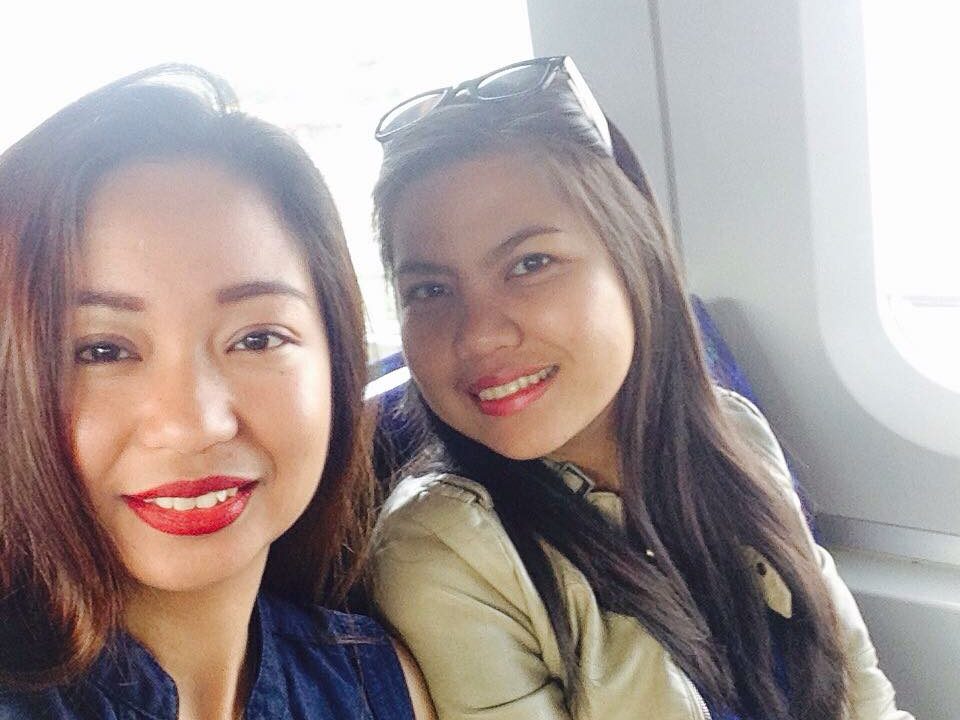
From then on, our friendship started and grew fondly. I believe that the story of Joy having been an au pair in Denmark is an example of the term au pair and therefore, an ideal experience to both the host family and the au pair.
Au Pair is a french word that translates to “on equal terms”/ becoming a member of a family in your host country.
The purpose of an au pair stay
The term au pair means ‘on equal terms’. The idea of an au pair stay is for a young person to stay with a host family with children under the age of 18 ‘on equal terms’ with the other members of the family. The purpose is for the au pair to improve language and/or professional skills as well as broaden his/her cultural horizon by becoming more acquainted with Denmark. In return, the au pair participates in the host family’s domestic chores (e.g. cleaning, washing clothes, cooking, babysitting) for a minimum of three and a maximum of five hours a day, and no more than six days a week.-from New to Denmark website (see link below)
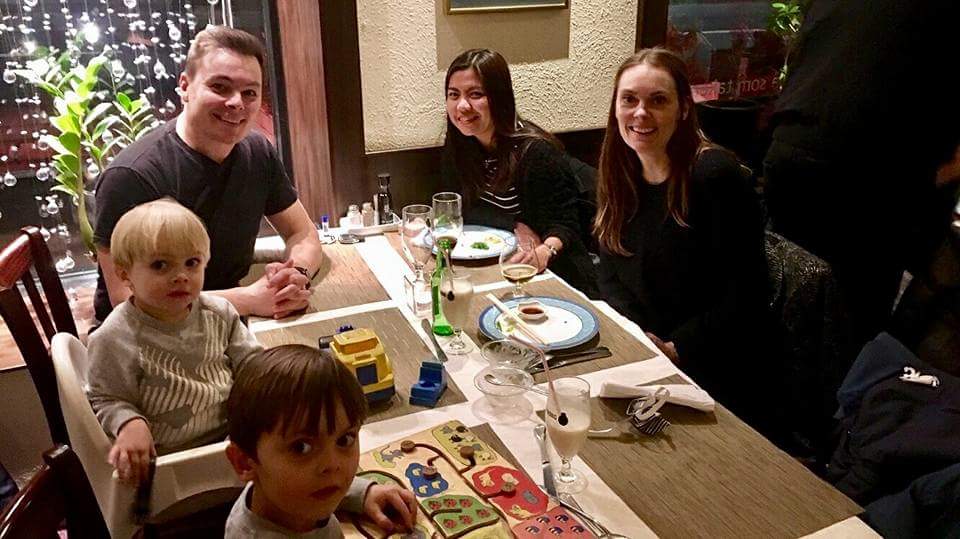
Heart to heart interview with Joy
SHEREE: Hi Joy. What a surprised that we will be talking about your great and challenging experience as an au pair that started in Norway, Denmark and now in Sweden. I am aware that you are very determined to do something towards afterwards.
Traveling is one of your passion. You are a reserved person but quite easy to approach. Had been an assistant to the midwife for quite sometime in the Philippines before you started being an au pair in the nothern part of Europe. And I am aware that you have a heart similar to a pædagog; you love children and being with them is a fulfilling tasks for you.
Since I already made an introduction about you, would you like to share a little bit more about you and how did you learn about becoming an Au Pair?
JOY: I am a midwife by profession but currently engaged in a cultural exchange program here in Sweden. I started being an au pair in Norway in 2013 when my cousin introduced and recommended me to her former host family. When my contract ended, I moved to Denmark to continue with the program. So basically,I have been roaming around Scandinavia for a few years now.
SHEREE: What are the things that made you continue in this kind of cultural exchange program?
JOY: There are quite a number of reasons why I chose to continue. One big factor is the host families. I have been treated so nicely,been cared for and respected. I don’t think I would have continued if I experienced otherwise. I also love travelling. And being an au pair gives me so much opportunity to do so and I get to meet and make friends with people from different cultural backgrounds.
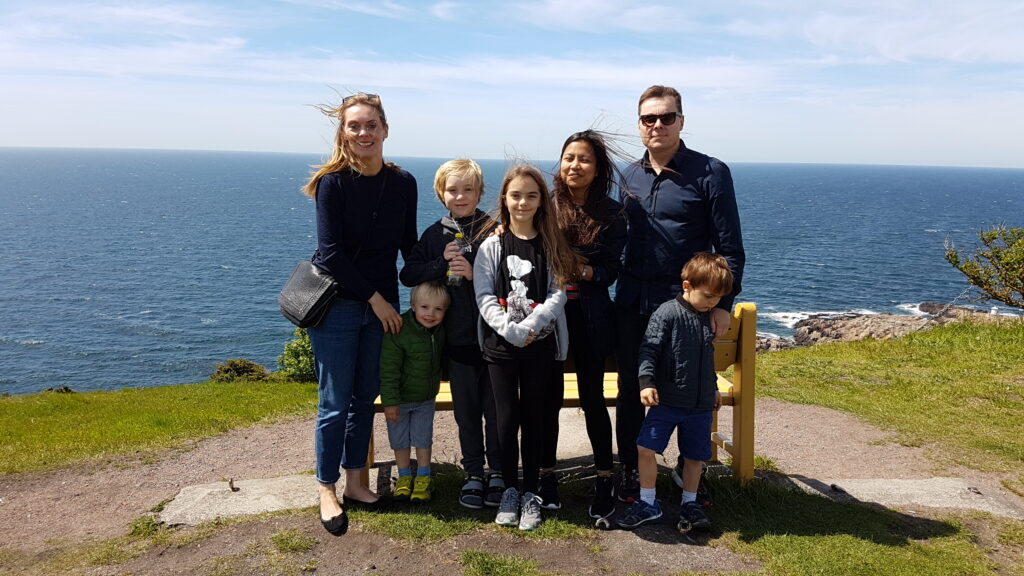
SHEREE: Would you like to share with us the challenges you had being an Au Pair? How did you cope up with these kind of situations?
For me and based from my own experience as well, it was challenging and a test of one’s ability to cope up with change, discrimination in some areas, countered with being competitive in form of good values, perseverance and the ability to integrate with the danes / danish culture.
I would never forget those times when I used to spend a weekend at your place and go to the church together on Sundays.
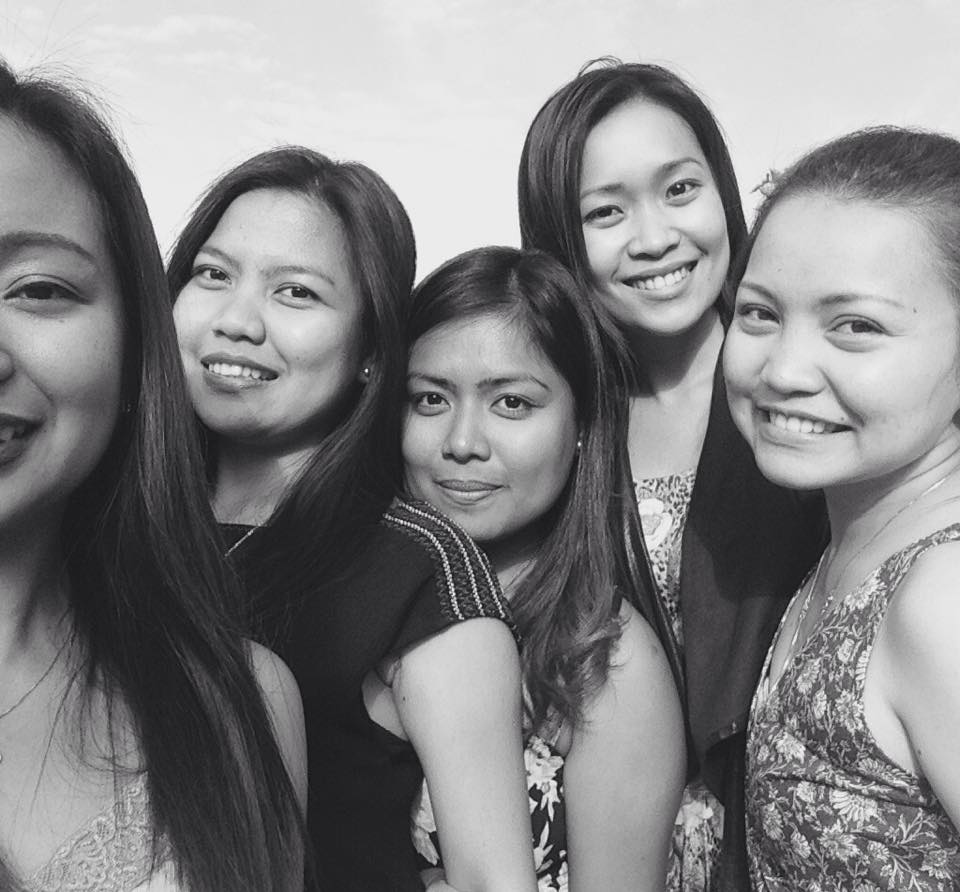
JOY: Being an au pair requires me to live life in a foreign country away from my family. And it’s not easy. I still grapple with homesickness. And it feels terrible whenever I miss major family occasions such as weddings, family reunions, birthday parties etc.
“Men, I just feel left out. And I think most au pairs will agree with me on this. But thank God for social media.”
“Secondly, It is always a challenge to learn the language of the host country. And it is definitely needed in order to effectively communicate with the children, thereby creating a close relationship with them by eliminating the language barrier. So I learned by going to the language school.” -Joy
Third, the cultural difference. As a young adult who comes from a completely different culture, it is oftentimes a challenge to live life and do things the way they do without setting aside my own cultural values.
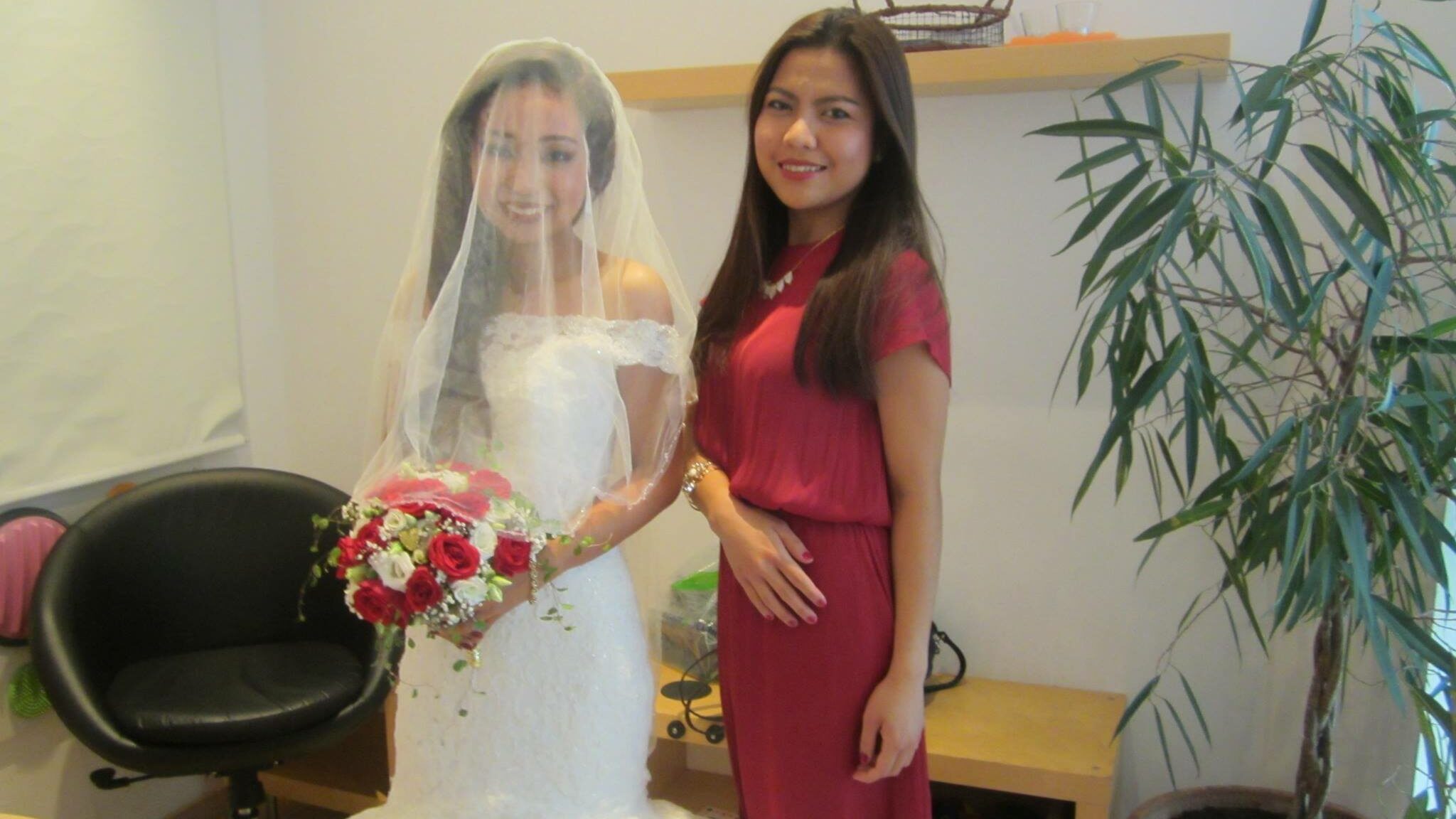
SHEREE: For the last part of this interview, you might like to tell us how being an au pair has helped you become a better person in a special way. Tell us about your expectations and some advice.
JOY: Living abroad as an au pair has changed me. I have been living with different host families who accepted and cared for me despite of all the differences and that has helped me to learn to accept and respect other peoples’ differences.
I could also say that I have become more independent, more mature in addressing personal issues, wiser in making decisions and I have even learned to dream bigger. But above all things, living abroad has brought me into a deeper relationship with God. And it’s priceless!
“As an au pair, I experienced a lot of “changes” (change host family, change host country,change environment, etc.) but let us not be afraid to accept and embrace change. It might be painful and tough, but it will cause us to gain something better and will lead us to where we should be. ” -Joy
SHEREE: Maraming salamat Joy. Missing you here in Denmark. 🙂 I am very happy to have a friend like you. You used to call me ”ate Sheree” and I will always be.
Additional Insights that I want to share as part of the title of my blog On Equal Terms — Broadening Your Cultural horizon.
Looking at it in a different angle, most Filipino Au Pairs that I have met or encountered have finished their bachelor’s degree in the Philippines and some of them have worked for many years in a corporation using their profession and later on came to Denmark to try something new.
While for some young people who are still thinking on what to do, whether you come from the Philippines or other country from Asia, Europe, America or Africa, becoming an Au Pair gives you the opportunity to discover their next step, whether it is a future career or studies.
Sometimes, people find it sad that being an Au Pair could be a way to earn a living. In some cases, it helps a young person to save money and use it economically wise but should not be treated as a career.
For others, a way to experience great adventure in traveling, learning different cultures, meeting new friends from different backgrounds and countries, improving one’s ability to be good at a new language or maybe it is just a part of young person’s dream to explore what it is on the other side of the world. We have the gift of free will and we should always be happy whichever country/part of the world people wanted to spend their wonderful years regardless of race, as long as we take part in being a responsible citizen.
23 For life is more than food, and the body more than clothing. -Luke 12:23 English Standard Version (ESV)
On the other hand, some Filipinos have managed to pursue their studies and eventually work in Denmark. It may not be easy for countries that do not belong to the European Union, but possibilities are afoot backed-up with super effort and perseverance. -Sheree
Filipino Au Pairs are regarded as sweet, honest, trustworthy and hardworking, says most danish families.
In line with this subject, there are a couple of news article that were recently released about the abused au pair scheme. See link below after this paragraph.
I could agree that in some ways it (au pair scheme) is not the same as what it is supposed to be. Again, au pairs should be aware of their rights and privileges like attending the language school, participating/volunteering for events and programs that will improve professional skills and discover hidden talents or abilities. Many of the people (au pair or not) that I have known from the church has been into different ministries and it has pushed them to use their time productively. Therefore, being an au pair would be seen as cultural exchange and not as a job.
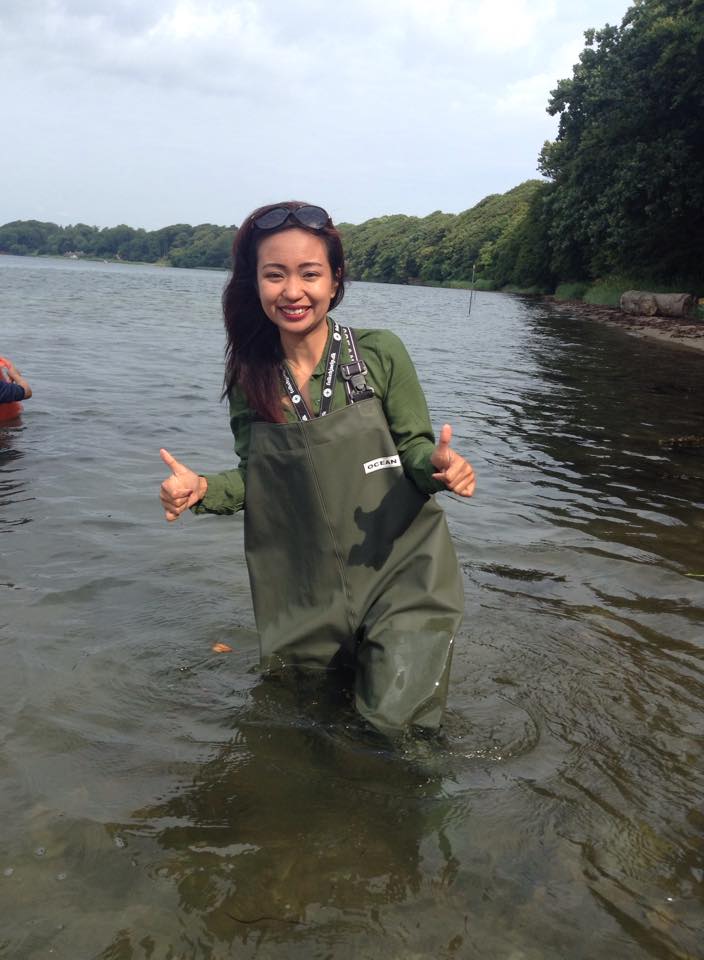
Moreover, it is important that host families should help in guiding their au pairs on what to do in order for them to maximize and enjoy the au pair stay and in that way one would learn more about the host country’s culture.
Yes, indeed, au pairs and other young people doing extra work or cleaning outside of their host families houses is prohibited.
For we cannot easily prevent this from happening, I hope that the host country and the homeland where au pairs are coming from should conduct thorough and a series of seminars about the exchange program before the au pair stay/deployment. There are regular programs and orientations for au pairs provided by the state which are sometimes overlooked.
Some people who are coming from a place where their families doesn’t have the same economic conditions as normal or average people has, consequences are they tend to work longer and sacrifice themselves without thinking too much of the risks (to their health, safety and rights). But again, people trust them and wanted to help as well. These young women’s expectations are different from what they know and it is sad because they are sometimes judge on what they do. The opportunities are very limited especially for those coming from non-EU countries. But let us not see this as a hindrance, instead treat this as a challenge to do better in many things in a professional manner and to integrate well in a country where we want to settle/live. Denmark and other scandinavian countires have high standards, more than of what I have expected. At one point, I felt so little despite my skills and accomplishments when I was in the Philippines. Later on, many locals have seen my potentials and willingness to learn new things and know their culture deeply and I felt Home.
For my closing remarks, I was hoping that someday there would be more possibilities for au pairs to focus their time with like free short educational courses offered by the state or organizations that they would be encouraged to learn something new instead of working overtime and still do the same routine over again. Then maybe later on it will slowly turn back to the real cultural exchange program. I think that the benefit/program of learning the language of the host country is very good. Moreover, the cultural difference is big considering the economic conditions of some families in the Philippines. -Sheree
News about the Abolished Au Pair Scheme
http://www.dr.dk/nyheder/indland/katolske-caritas-afskaf-au-pair-ordningen
FACTS/TRIVIA/STATISTICS:
Did you know that in Denmark, a high number of Au pairs are Filipino?
You may also like to read Exchange Student
Helpful Links:
Au Pair in Denmark / Application / Information
https://www.nyidanmark.dk/en-us/coming_to_dk/au_pairs/au_pairs.htm
FOA
https://www.foa.dk/Forbund/Medlemsservice/Bliv-medlem/AuPairs/Member-Au-Pair
Filipino Christian Church Communities in Copenhagen

